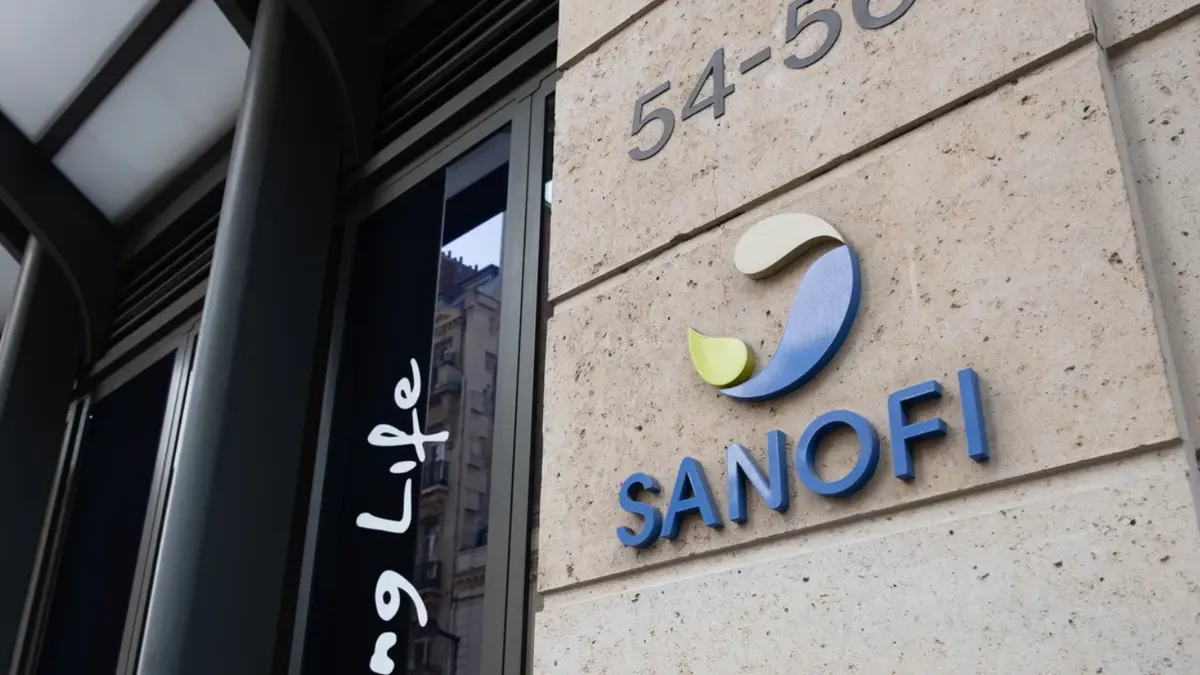Research into psychedelics is booming. The space is estimated to grow into an $8 billion market by 2029, fueled by promising data that positions these once-stigmatized street drugs into viable treatment options for a range of psychiatric and neurological disorders.

“We don't have good mental health options that work really well for a lot of people. Either they don't work very well or there are side effects. So, we clearly need another solution,” said Christine Moore, vice president of neuroscience, Scientific Solutions at Worldwide Clinical Trials. “And given the early data (on psychedelics) we have to explore it further.”
Although there is promise in psychedelics research, there are also numerous challenges — many of them related to patient safety. Imagine a trial where the patient, being treated for post-traumatic stress disorder (PTSD) for example, experiences a bad trip, reliving the traumatic event and ultimately worsening the condition.
“You've opened a can of worms that you can't put the lid back on,” Moore said.
Psychedelics can also trigger adverse events.
“These are not innocuous drugs. They are really severe drugs for sick people,” Moore said.
With those concerns in mind, Moore said these steps can help researchers anticipate potential risks and create better plans to protect patient safety.
Establish a clear vision
Before beginning a psychedelic trial, organizations should chart a clear path.
“It’s always a good idea to talk to your regulatory agency, whether it's FDA or MHRA (Medicines & Healthcare products Regulatory Agency) or Health Canada, and have that dialogue going, so you have their buy in on the right control, you have their buy in on the endpoints. Take advantage of the meetings they'll offer,” Moore said.
Also, take cues from past research.
“We do have a nice roadmap for major depression trials or treatment-resistant depression or PTSD, apart from psychedelics. We have drugs approved that have followed a set pathway. What they need to do is use that framework and fit their drug and what they're trying to accomplish with their particular drug in that existing framework as much as they can,” Moore said.
Enroll the right patients
By their very nature, those enrolling in psychedelic trials are vulnerable due to their struggles with mental health, Moore pointed out. In a paper published in the Journal of Psychedelic Psychiatry, Moore and her co-authors suggest using standardized tools, such as severity rating scales for specific mental health conditions, to confirm the patient’s diagnosis. A process should also be in place to exclude people with certain comorbidities, a history of substance abuse, or a family or personal history of certain mental illnesses, such as psychotic, bipolar or personality disorders.
Some patients may see psychedelic trials as a last-ditch option and there can be a temptation to skirt the truth to meet study criteria.
“There is a level of desperation in the patient population and of course there would be, especially for something like treatment-resistant depression. By definition, nothing's working. So, they're going to do sometimes whatever they can to participate in a clinical trial,” Moore said.
To insulate against this, consider how much information to give participants upfront.
“Some of the things that we suggest are to not disclose what the entry criteria are any more than you have to, just to keep your patient population as fitting as possible,” Moore said.
Anticipate and plan for adverse events
Even if a trial carefully selects participants, bad outcomes may still occur, so safety monitoring is essential both during and following treatment sessions. Psychedelic drugs can induce panic, anxiety, and even psychosis-like symptoms or suicidality.
“For the general patient population, bad trips do happen,” Moore said. “And they're not all that uncommon. The experience can be really difficult for people, especially in PTSD.”
Psychedelics can also induce other potentially serious side effects including, nausea, vomiting, seizures, or rapid heart rate, which may need to be managed medically.
“Some of these drugs are not really reversible. It's not like an opioid overdose where you can get Naloxone and it reverses the effect,” Moore said.
Medication may help lessen anxiety or panic induced by the psychedelic. But overall, the effects of psychedelics often need to run their course. With this in mind, sites should be safe, private and should have a comprehensive plan to address serious safety issues that may need medical intervention. Plans should also include practical considerations.
“Some of the things you have to consider, given the dosing sessions can be so long, do you let smokers into the study? Because we don’t want them needing to get out and take a smoke break. Or how close is the bathroom? Those kinds of things,” Moore said.
Provide follow-up
Ensuring continuity of care after the trial is another crucial but sometimes overlooked consideration.
“What happens to the patient when the trial is over? We can't just leave them hanging, especially when they've formed a therapeutic relationship with a psychotherapist for months,” Moore said.
Some trials might opt to move into an open-label extension, which allows all participants to access the study drug. It’s a strategy that can entice more people to join the study, and help retain those who weren’t assigned to the treatment group, according to the Journal of Psychedelic Psychiatry paper.
“You've opened a can of worms that you can't put the lid back on."

Christine Moore
Vice president of neuroscience, Scientific Solutions, Worldwide Clinical Trials
“Ethics committees and Institutional Review Boards may also look favorably on offering patients extended open-label treatment as it not only allows patients access to active study drug but also permits more extensive safety evaluation,” wrote Moore and her co-authors.
Each investigative site needs a plan for continuity of care, Moore said. And while plans can be flexible, they need to create a support structure after the trial.
“It could include a referral back to the initial treating physician, it could be a continued relationship with (study staff members) if they have the capacity. Whatever is best for that therapeutic group and that patient. It may be different in different settings,” Moore said.
Don’t discount learned experiences
Finally, psychedelic trial investigators should not overlook what’s known about psychedelic use from sources outside of mainstream medicine.
“Some of these compounds have been used for generations in indigenous cultures,” Moore said. “We should not discount that experience. We should try to incorporate best practices and be educated on what they know. It’s a wealth of knowledge.”



















